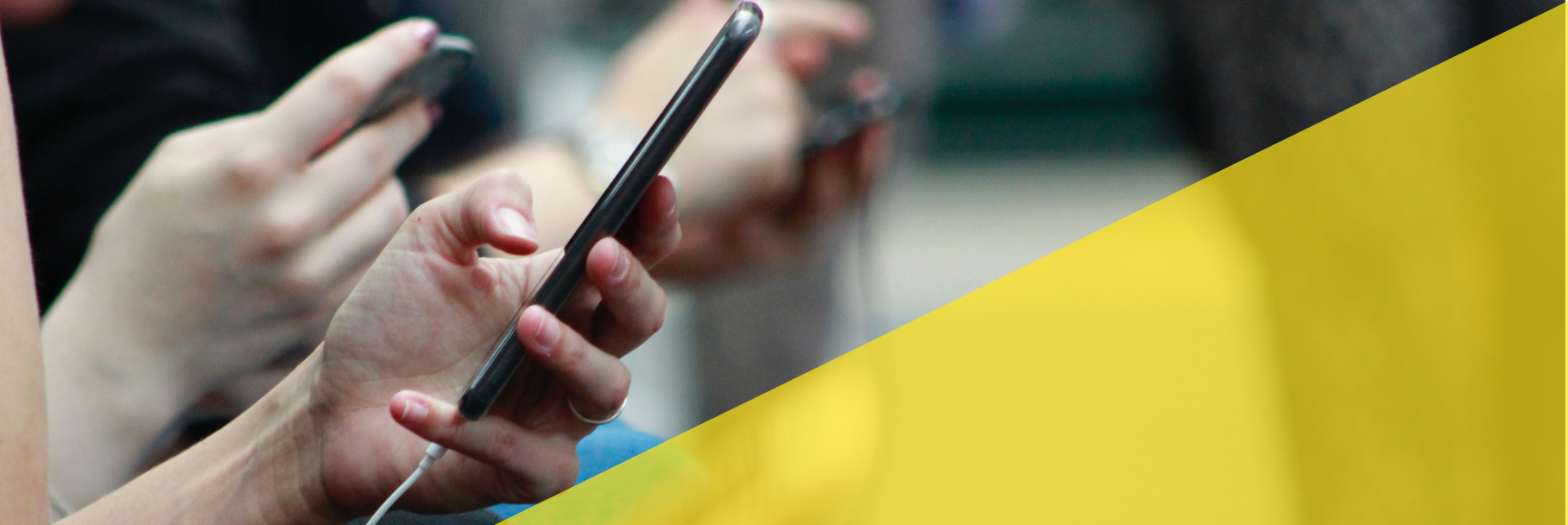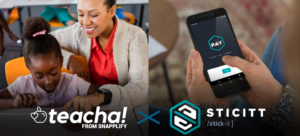Whenever a new technology is developed, we wonder how it will change education. In 1922 Thomas Edison said, “I believe that the motion picture is destined to revolutionize our educational system and that in a few years it will supplant largely, if not entirely, the use of textbooks.”
In the 1930’s it was believed that radio would revolutionise the classroom. You could cut down on the costs of teachers and their training by replacing them with a radio that would play in the classroom.
In the 1950’s we got TVs, and studies were conducted to see if students preferred a live lecture or watching a lecture on TV. There were varying and mixed results.
In the 1980’s we had computers. We thought that teaching children to code would improve their logic skills, because they’re programming the logic of a computer. However, kids just got better at the programming tasks, and their logic skills did not actually improve.
None of those technologies has “revolutionised” education; the foundation of our education looks the same today as it did hundreds of years ago – one teacher educates a class of learners. Why?
Education is a social process. We learn through social interaction from teacher to student, and student to student. We learn from our own and the experiences of others, which we share through storytelling. Looking at history, it’s hard to believe that social media will reshape education. Therein lies the problem to our approach to education – technology isn’t there to reform education but rather to support it.
How does social media support education?
Helps students grasp new concepts
Although he was wrong, Thomas Edison was on the right track when he thought that video would replace textbooks. We still use textbooks today, and video is a great tool to use to assist learning in the classroom. It’s difficult to grasp and understand a concept the first time you read it. By showing a YouTube or IGTV video on the subject to your students they will better grasp and understand the subject before you delve into the textbook.
Acts as a research tool
Social media is a fantastic research tool. Students use platforms like Pinterest to get ideas for school projects and presentations. They also use social media for data-gathering by using the poll feature on Facebook, Instagram, and Twitter to answer a question. Social media itself is also used by educators and experts who share what they know. Students look up their profiles, which then links them to the relevant websites and articles with the information they’re looking for.
Supports learning
Students also learn a lot by staying on the expert’s social media channel. YouTube and IGTV are both popular when it comes to video content and are popular amongst educators who share what they know with the world. For example, CrashCourse is a YouTube channel that teaches an exceptionally wide range of subjects for different age groups. The videos are funny, informative, and visually appealing, so it doesn’t actually feel like you’re doing schoolwork.
Acts as a communication tool for schools
Facebook is a great way for schools to communicate with parents and students alike. Gone are the days of printing out thousands of newsletters to give to students who forget to give them to their parents. Instead, you can create events on Facebook, send out status updates and post links to timetables, school holidays, and much more. It’s also a great way for teachers to update students. For example, CPUT’s Public Relations class have a specific Twitter hashtag that allows students to see any information that a lecturer has posted regarding additional reading material and so forth. Students already use WhatsApp amongst themselves to communicate and ask about homework, share ideas and get help without having to organise a physical meet-up, so this method of communication would be easy for them.
Improves literacy
Believe it or not, social media may be a great way to improve reading skills. Getting children to read can be a struggle, however, the online space and social media provide plenty of information which students are more inclined to read, and they can read it in their own time. Online messages, comments, news, articles, and books provide an endless list of information to be read.
While social media isn’t going to change the education foundation, it can be used as a tool to support education and learning.



